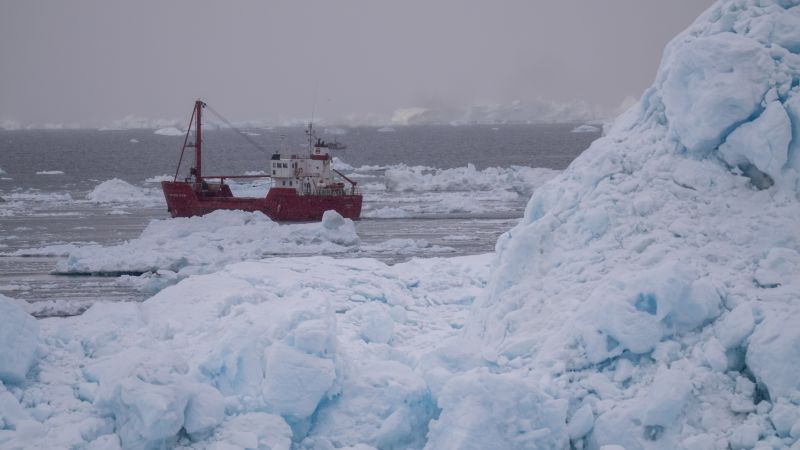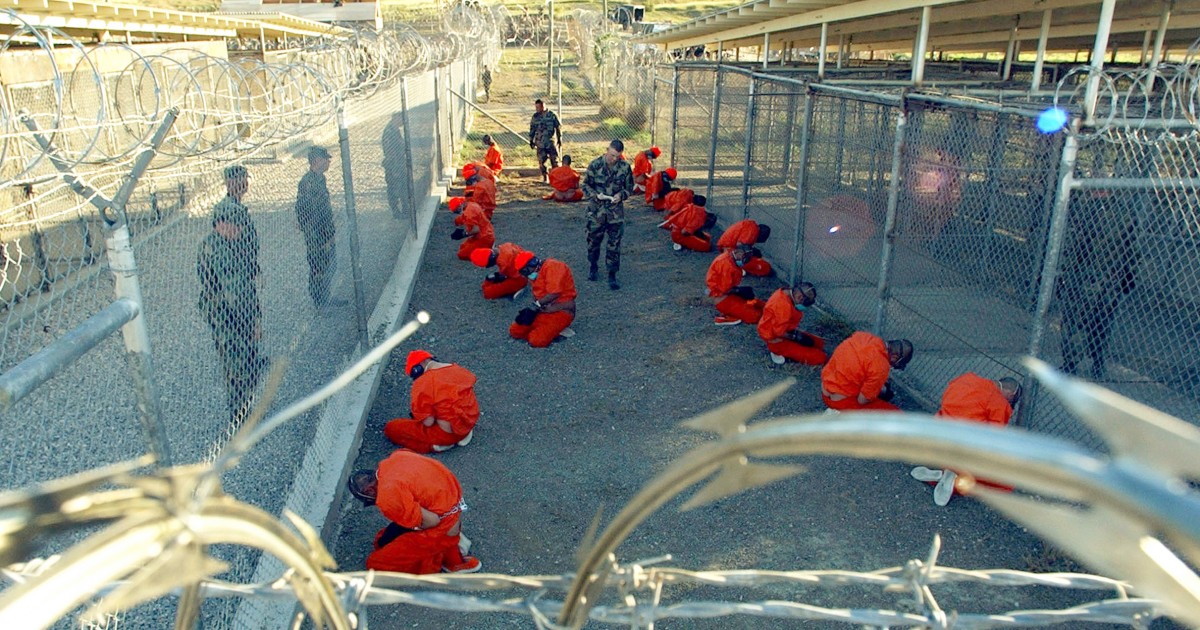CNN
—
On Tuesday, Donald Trump Jr. landed in Greenland, the Arctic island his father, President-elect Donald Trump, has expressed a strong desire to purchase, despite sharp statements from Greenland that it is not for sale.
Trump Jr. framed the trip as “a little bit of fun,” telling CNN, “as an outdoorsman, I’m excited to stop into Greenland for this week.”
But the trip has fueled speculation about what exactly his father’s plans are for this Arctic territory.
In December, Trump revived calls made in his first presidency for US ownership of Greenland, calling it “an absolute necessity.” Asked at a Tuesday news conference whether he would rule out using “military or economic coercion” to gain Greenland — or Panama, which Trump has also expressed desire to own — the president-elect responded, “No, I can’t assure you on either of those two, but I can say this: We need them for economic security.”
The president-elect says owning Greenland is vital for US security, but experts say he may also be eyeing other aspects of Greenland such as its trove of natural resources — including rare earth metals — which may become more accessible as climate change melts the territory’s ice.
Greenland is the world’s largest island and home to more than 56,000 people. A former Danish colony and now an autonomous territory of Denmark, it occupies a unique geopolitical position, sitting between the US and Europe. Its capital city Nuuk is closer to New York than it is to Denmark’s capital Copenhagen.
It’s long been seen as key for US security, especially to repel a potential attack from Russia, said Ulrik Pram Gad, a senior researcher at the Danish Institute for International Studies. The Northwest Passage shipping lane runs along its coast and the island is part of the Greenland-Iceland-United Kingdom gap, a strategic maritime region.
Trump is not the first US president to float the idea of buying Greenland. In 1867, when President Andrew Johnson bought Alaska, he also considered purchasing Greenland. At the end of World War II, the Truman administration offered Denmark $100 million for the island, according to documents first reported on by Danish media.
Neither offer came to fruition, but under a 1951 defense treaty, the US got an air base now called Pituffik Space Base, in northwest Greenland. Midway between Moscow and New York, it’s the northernmost outpost of the US armed forces and is equipped with a missile warning system.
The US is keen to ensure “no hostile great powers control Greenland, because it can be a foothold for attacking the US,” Pram Gad told CNN.
What might be even more appealing to Trump, however, is Greenland’s rich deposits of natural resources, said Klaus Dodds, professor of geopolitics at Royal Holloway, University of London.
These include oil and gas, as well as the rare earth metals in high demand for the electric cars and wind turbines of the green transition, as well as for manufacturing military equipment.
Currently China dominates global rare earth production and has already threatened to restrict the export of critical minerals and associated technologies, ahead of Trump’s second term.
“There is no question at all that Trump and his advisers are very concerned about the stranglehold that China appears to have,” Dodds told CNN. Greenland offers a potentially rich source of these critical minerals, he added. “I think Greenland is really about keeping China out.”
Melting ice and rapidly rising Arctic temperatures are giving Greenland a front-row seat to the climate crisis, but some also see economic opportunities as climate change reshapes the country.
The loss of ice has opened up shipping routes, increasing the amount of time they can be navigated during the Northern Hemisphere summer. Arctic shipping rose 37% over the decade to 2024, according to the Arctic Council, in part due to melting ice.
“Trump, I think, instinctively gets the idea that the Arctic is melting,” and the perceived opportunities, Dodds said. Although he cautioned, in reality, conditions along these routes are still often treacherous, and melting ice may make waters even more dangerous to navigate.

There is also a suggestion that melting ice may make natural resources easier to access, but the climate crisis has not yet proved much of a “game-changer” for this, said Phillip Steinberg, a geography professor at the University of Durham.
It’s not that climate change is making Greenland’s resources more accessible, he told CNN, but rather “more necessary.”
The governments of both Denmark and Greenland have come out strongly against the idea the Arctic nation can be purchased.
“We are not for sale and will never be for sale. We must not lose our yearslong struggle for freedom,” Greenland’s Prime Minister Múte Egede wrote in a Facebook post in late December.
Kuupik V. Kleist, a former prime minister of Greenland, said Trump was talking more to US citizens than to Greenlanders. “I don’t see anything in the future that would pave the way for a sale. You don’t simply buy a country or a people,” he told CNN.
But Trump’s comments come at an interesting time for Greenland, Dodds said. Its Inuit-led government has recently been ramping up demands for independence from Denmark. In his new year address, Egede called for the “shackles of the colonial era” to be removed.
“It’s panicking Denmark,” Dodds said, which appears to have been focusing more on its relationship with Greenland. In December, Denmark announced a huge increase in military spending for Greenland. Then, at the start of January, the Danish royal family launched a redesigned royal coat of arms, increasing the prominence of the polar bear symbolizing Greenland.

Greenland has been looking to boost its independence by diversifying its economy away from fishing. It opened a new airport in Nuuk in November as part of plans to increase tourism. But it still relies on a roughly $500 million annual grant from Denmark, which has proved a big sticking point to independence.
This raises a very intriguing question, Dodds said. “What would Greenland do if Trump offered, say, $1 billion a year to have a different kind of association?”
Some Greenlandic politicians have been floating the idea of a special association, similar to the one the US has with the Marshall Islands, where Greenland has sovereignty but also financial support from the US, in exchange for agreements on certain US strategic interests.
Former Prime Minister Kleist expressed heavy skepticism this kind of association could work, however. “I don’t think either that (this) is of any interest. Just think of how the US have treated its own Indigenous Peoples.”
For now, it remains unclear how far Trump will pursue his stated desire to acquire Greenland once in office. “Nobody knows if it’s just bravado, if it’s a threat to get something else, or if it’s actually something that he wants to do,” said Pram Gad.











